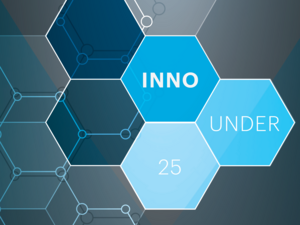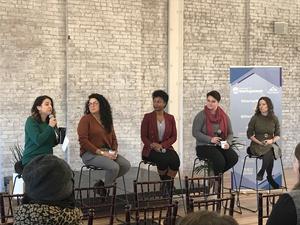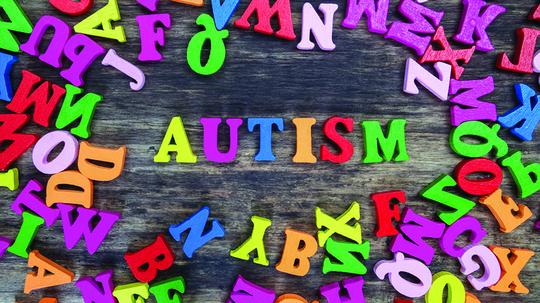
Louisville-based startup ASD.ai wants to change the reactive nature of caring for those with autism to a proactive approach.
The company has developed and launched an app called Rootines that allows people to track the daily life events of people with autism.
The app then uses artificial intelligence to pull meaning from the data that people log with the app. Rootines also makes it easy to share those insights among medical professionals (physicians and therapists), caretakers, parents and those with autism who are able to self-report what they experience.
Dominic Foster, ASD.ai chief technology officer, founded the company with ASD.ai CEO Tamera Jackson and Chief Marketing Officer Blake Rutherford in March 2020. So far, the group has funded the development of the company and the app out of their own pockets. In the near future, the company plans to raise money to help accelerate its development.
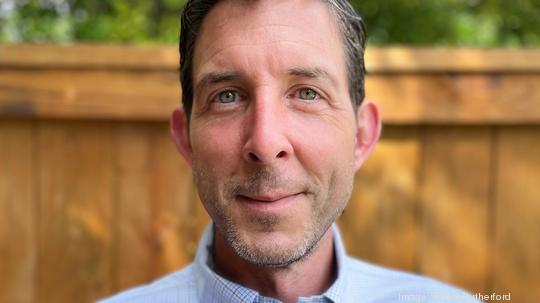
The app is currently available through the Apple Store and the plan is to launch through Google Play later in 2021.
Rutherford and Jackson said people caring for those with autism deal with a data problem. Many parents or caretakers will track the care and life events of someone with autism using pen and paper.
For example, Rutherford said that he’s gotten to know a mother in Louisville with a 10-year-old son who is “fairly severely affected by autism as well as a variety of other comorbidities.” He described seeing this mother lay out a “giant set of notebooks” that were full of information about her son’s care. This included data points on medications, his diet, his sleep schedule, just to name a few data types.
“What we learned very quickly from her was that it's interesting [to] have 50 pieces of paper and not a whole lot of information other than a lot of data on pieces of paper,” Rutherford said.
Another example: Jackson said her friend’s son lives in a group home where he receives care for autism and other health issues. She learned that the group home didn’t track the residents’ needs: When the group home staffers leave — as they do with regularity, Jackson said — the institutional knowledge of things such as triggers leaves too.
“Things would happen that just weren't great for him or for the caregivers themselves that could have been easily avoided with just a little bit of technology,” Jackson said. “That's kind of where the idea started because I just couldn't believe my eyes and wanted to try and be part of solving that.”
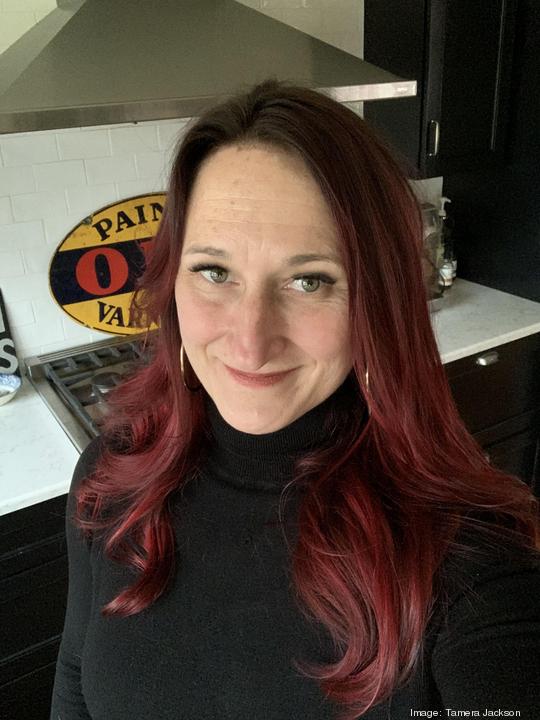
The company also learned from interviewing therapists that they spend most of their time with a parent of an autistic patient trying to recreate how things went since their last visit and then trying to formulate a plan based on that imperfect recollection.
“Long story short: [ASD.ai] really came from understanding what this population had and what was missing, and how we could fill those gaps in between with some actionable information,” Rutherford said.
Jackson’s professional background is largely in the automotive industry: She worked for General Motors and previously owned a Chevrolet dealership. Rutherford was previously co-founder of NicView, a live stream video product for neonatal intensive care units that was sold to Natus Medical Inc. Foster’s background is in technology and IT management and was also the chief technology officer for NicView.
Rutherford and Jackson see other applications for Rootines in other parts of health care. These include use in the pharmaceutical industry, medication adherence and tracking, tracking other mental health disorders and potentially in medical research.
The company is also working on integrating passive data collection from smart devices such as fitness trackers, bed sleep sensors or smart water bottles.
